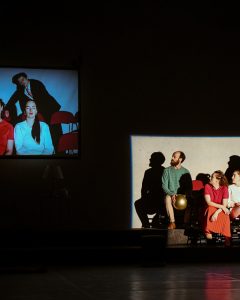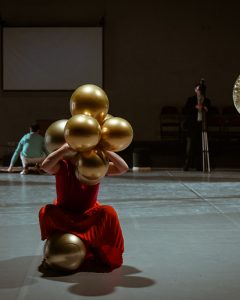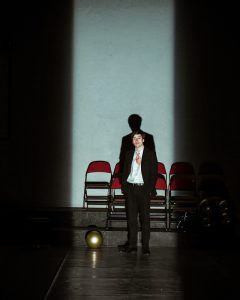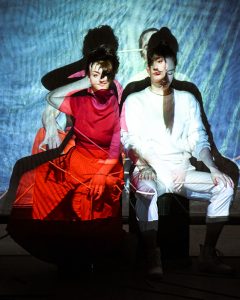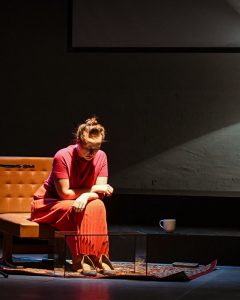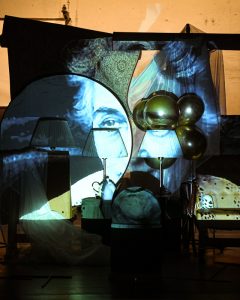I Am Romantically Scattering My Own Ashes
length: 65 minutes
A photograph doesn’t necessarily speak of what is already gone but only of what once was. On one occasion a photographer gave me a picture of myself and, despite my trying really hard, I couldn’t remember where it was taken; I examined the tie, the sweater, in order to remember the occasion I was wearing it for; to no avail. However, since it was a photograph, I couldn’t deny I was there (even though I didn’t know where). This distortion of certainty and the fact of forgetting made me feel dizzy and gave me “detective” anxiety; I went to the photographer’s exhibition as if I was going to investigate, to finally learn something about myself that I already didn’t know.
Stage essay. Free adaptation of the last text of the French philosopher and semiologist Roland Barthes.
Roland Barthes (1915-1980) studied classical literature and philology. Barthes’s work never formed a coherent whole that would follow a single theoretical line. From the criticism of history, he gradually moved to general and applied semiology, and beginning the 1970s he started developing a completely unique way of thinking about literary texts, characterized by a resignation to generalising systems and a gradual fragmentation and emphasis on singularities and contingencies. Barthes’s last text is an essay on photography, entitled Camera Lucida, which in many ways suggests a new turning point in the development of his work, abruptly interrupted by his death in a car accident in 1980.
Excerpts from Roland Barthes’s works used in the play: Camera Lucida, Roland Barthes by Roland Barthes, Journal de deuil.
Supported by:

